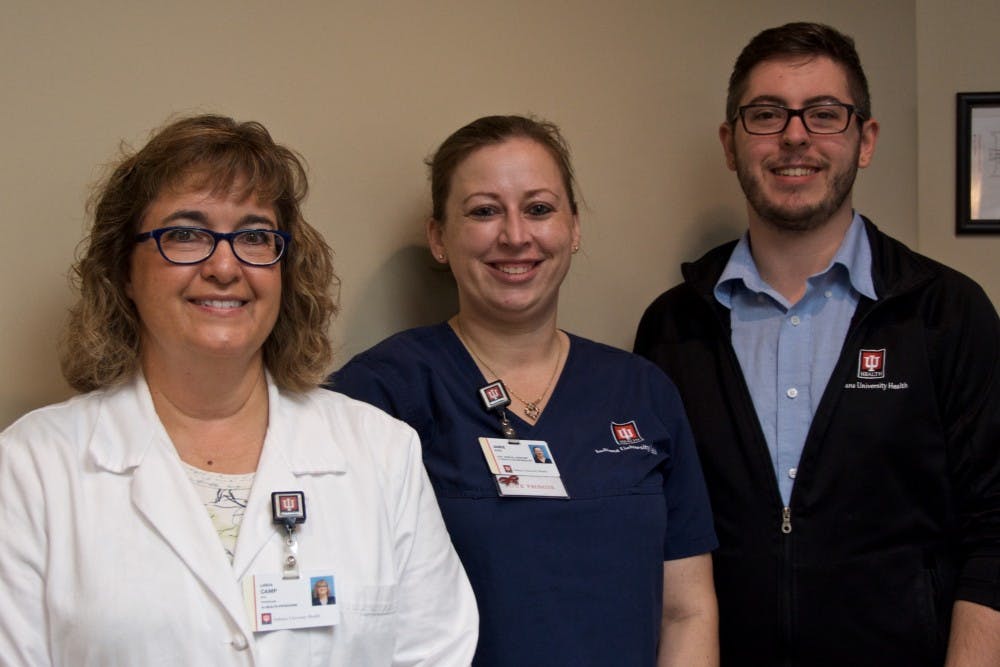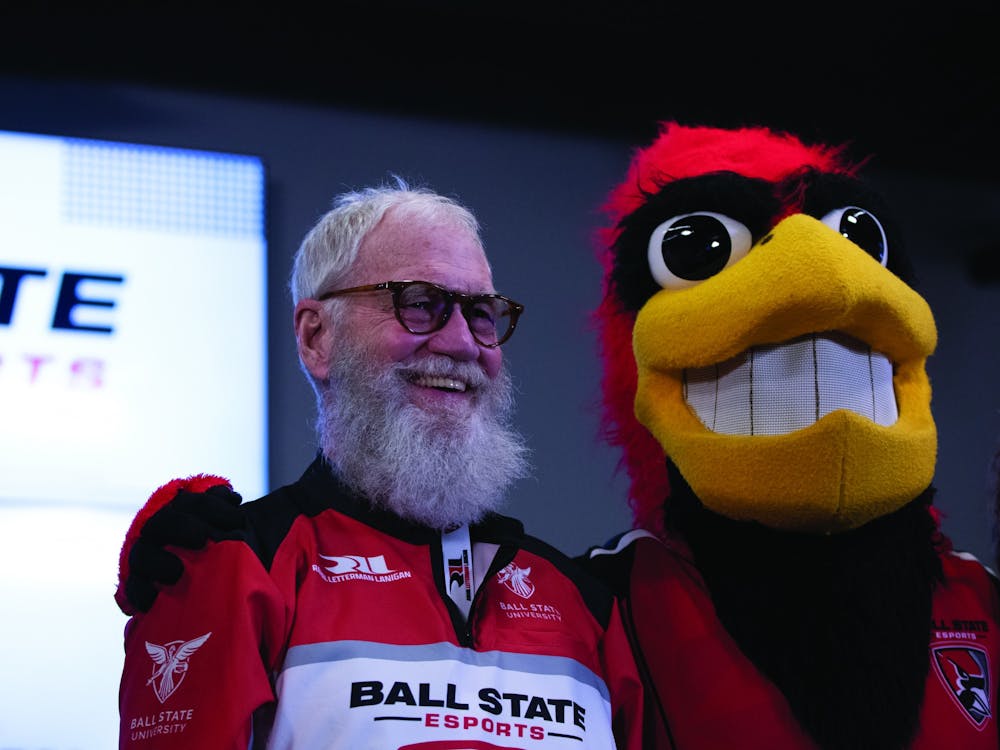When Linda Camp was in her 20s, she was frustrated with her childrens’ pediatrician, so she went to medical school. When she graduated, she went back and thanked her pediatrician for all of her hard work.
When Camp started to practice in 1998, however, the specialist in plastic and reconstructive surgery at IU Health Ball Memorial couldn’t imagine the journey she would take more than ten times over 13 years.
In 2005, Camp began to make annual trips to the mountainous city of Santa Rosa de Copan, Honduras, as a part of a mission team with Medical Equipment Modernization Opportunity (MEMO) and Central American Medical Outreach (CAMO).
“I believe when you are blessed with so much that it is your responsibility to give back,” said Camp, who is of the Christian faith.
Though Camp no longer works with MEMO, she continues to travel with CAMO, which provides more than 140,000 life-saving services, annually according to its website.
Camp, along with a 30-60-person team, flies to the Central American country. After they load their luggage, the team piles into an old school bus, traveling on roads peppered with potholes that could swallow the bus.
During her time there, Camp assists in 25-30 surgeries during her week-long journey.
However, the most rewarding surgery, she said, was around 2007 and came in the form of a young mother and her baby who had severe facial deformities. Now, the mother-son duo visits Camp almost every time she’s in the country.
“He had the bilateral facial clefts as mouth extended toward his ears. He had the little ear tags, had a cleft lip in the middle, also cleft palate — so severe facial deformities — and that baby, through a course of about three years and each year doing an additional surgery, has just become a vibrant young man who I've had the privilege to see and follow up,” she said.
“I mean he still has some scars on his face, but all of these things are closed. These were all, not just cosmetic, but I mean the appearance of his face was so improved that he has really developed to be the person he would have been without being ostracized by his deformities.”
Before a day of consultations and surgeries, Camp and the rest of the CAMO team eats a devotional breakfast at the hotel. Then, Camp, along with a group of other medical professionals, make the 10-block-long, cobblestone walk to the hospital, Hospital de Occidente.
On average, Camp said she and her colleagues spend about 12 hours a day working but have put in up to 16-hour days, not including the times the team has been called to the hospital for an emergency.
“I went with the idea that the U.S. is so far above everyone else with our knowledge and our scientific skills and abilities and I found that not to be the same as I thought it should have been. Their doctors are excellent, we just have better resources,” Camp said. “So, in that regard, a third-world country has financial deficits that we do not often experience here and for that reason, some of the care that they have is not what we would want for ourselves or our family. I think the people are kind and gracious and hard workers.”
In addition to opening her eyes to the medical landscape in a third-world country, Camp said the trips opened her up to progress.
“I think it also gave me a broader ability to be open minded and I say that because, you know, I went there with this idea that we're the biggest and the best and we do it right and we want everybody to understand how we do it. And that's really not the way to make progress,” Camp said.
“The way to make progress is to understand the environment you're in and work in that environment with the resources there to make improvements, and it was really an eyeopener to me.”
In addition to completing surgeries and consultations, those who travel with CAMO help assist the visiting hospital through tasks like repairing sterilization cloths. Though Camp makes the trip once a year, she has coordinated efforts to donate supplies to the hospital.
“IU Ball Memorial has supported my efforts because of extra stuff that we don't use. So, in our OR we have a reprocessing plan that if something is not usable for whatever reason, it gets put into a donation box,” Camp said. “Those donations were things that I was able to utilize, take to my trip, like gloves and gowns and some certain medications, suture material and stuff like that.”
Contact Mary Freda with comments at mafreda@bsu.edu or on Twitter @Mary_Freda1.





